We review interdisciplinary evolutionary psychology that takes seriously both our primate heritage and our uniquely cultural nature - a "cultural evolutionary psychology"2/. Why, how, when, and on which things do different humans work together? 2/
Humans in all societies cooperate far more than other mammals. We& #39;re more prosocial than nonhuman primates who often look like rational choice models (these models are like Hardy-Weinberg models - null models without the effect of evolving norms & other culture). 3/
A more complete explanation needs to explain scale, intensity, and domain differences between societies-people cooperate on different things to different degrees. Need to explain the scaling up in the last 12k years. And that many mechanisms can support maladaptive behav. 4/
Explanations like language, intelligence, & institutions are insufficient. We can use language to lie, our cognitive abilities to cheat, & institutions can be undermined by lower scales of cooperation. Where did these come from anyway? See: cultural brain & collective brain. 5/
We use cultural evolution, dual inheritance theory, and the extended evolutionary synthesis as our theoretical framework & evaluate connected theories and evidence. For approach, see: https://www.nature.com/articles/s41562-018-0522-1">https://www.nature.com/articles/... 6/
Social norms and institutions - their origins and evolution is key to explaining the 4 features / puzzles of human cooperation mentioned before. 7/
Social norms shape cooperation, differ b/w societies, kids copy adults. Fairness is not the same everywhere - e.g. inequity aversion is not universally symmetric. We don& #39;t like when things are unequal and we have less, but folks differ on unequal where they have more. 9/
We review key mechanisms in broad strokes: kin-based, direct reciprocity, reputation, punishment, signaling. Origins of institutions. WEIRD intuitions are not a good guide - take partner choice for example. 10/
So you have societies w/ diff norms & sustained by different mechanisms of cooperation. Which ones spread? Competiton w/ sufficient resources can favor higher scales, but lower scales can undermine higher scales - corruption or autocracy or insurrection etc. Need alignment. 11/
The mechanisms of cooperation discussed are not alternatives to this competition. They are solutions to the free-rider problem with limits on scale and that can undermine one another. You also need to solve the equilibrium selection problem. 12/
Social norms can create selection pressure on genes, they can self-domesticate. Institutions as connected and sometimes formalized social norms can create interdependence and fusion. They can align interests. 13/ @bharedogguy @DG_Rand @JF_Schulz @BenjaminEnke
We end by revisiting the opening challenges. Check out the paper here:
https://www.annualreviews.org/doi/abs/10.1146/annurev-psych-081920-042106
https://www.annualreviews.org/doi/abs/1... href=" http://muth.io/cooperation-review21
Norms">https://muth.io/cooperati... vary by geography and over time. Also check out the related historical psychology paper: https://twitter.com/mmuthukrishna/status/1348702271853441031?s=20
14/14">https://twitter.com/mmuthukri...
https://www.annualreviews.org/doi/abs/10.1146/annurev-psych-081920-042106
Norms">https://muth.io/cooperati... vary by geography and over time. Also check out the related historical psychology paper: https://twitter.com/mmuthukrishna/status/1348702271853441031?s=20
14/14">https://twitter.com/mmuthukri...

 Read on Twitter
Read on Twitter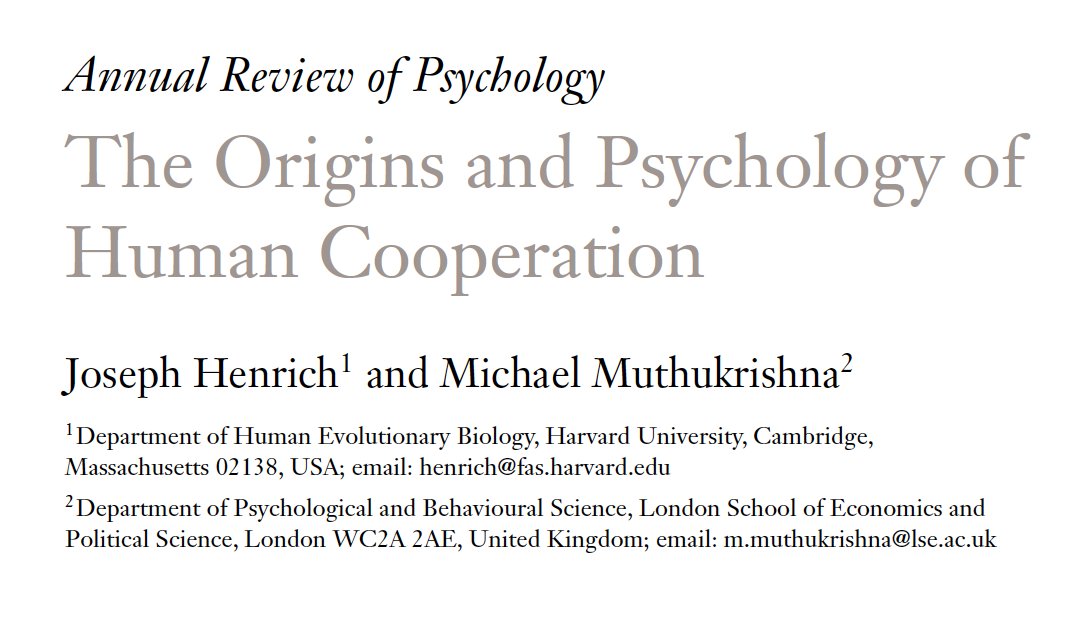 New paper on "The Origins and Psychology of Human Cooperation" in Annual Review of Psychology w/ @JoHenrich. Many mechanisms have been proposed to explain human cooperation. How well do they explain the breadth, intensity, & variation across societies, history, & domain? 1/" title="https://abs.twimg.com/emoji/v2/... draggable="false" alt="🚨" title="Polizeiautos mit drehendem Licht" aria-label="Emoji: Polizeiautos mit drehendem Licht">New paper on "The Origins and Psychology of Human Cooperation" in Annual Review of Psychology w/ @JoHenrich. Many mechanisms have been proposed to explain human cooperation. How well do they explain the breadth, intensity, & variation across societies, history, & domain? 1/" class="img-responsive" style="max-width:100%;"/>
New paper on "The Origins and Psychology of Human Cooperation" in Annual Review of Psychology w/ @JoHenrich. Many mechanisms have been proposed to explain human cooperation. How well do they explain the breadth, intensity, & variation across societies, history, & domain? 1/" title="https://abs.twimg.com/emoji/v2/... draggable="false" alt="🚨" title="Polizeiautos mit drehendem Licht" aria-label="Emoji: Polizeiautos mit drehendem Licht">New paper on "The Origins and Psychology of Human Cooperation" in Annual Review of Psychology w/ @JoHenrich. Many mechanisms have been proposed to explain human cooperation. How well do they explain the breadth, intensity, & variation across societies, history, & domain? 1/" class="img-responsive" style="max-width:100%;"/>
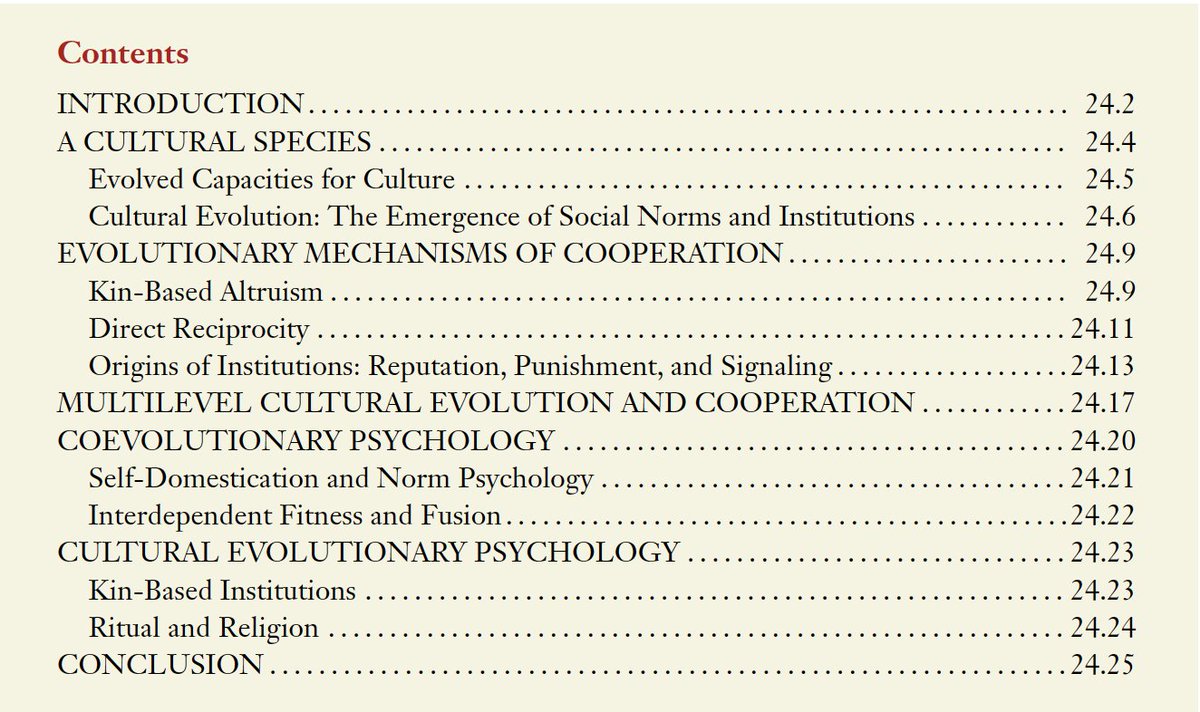
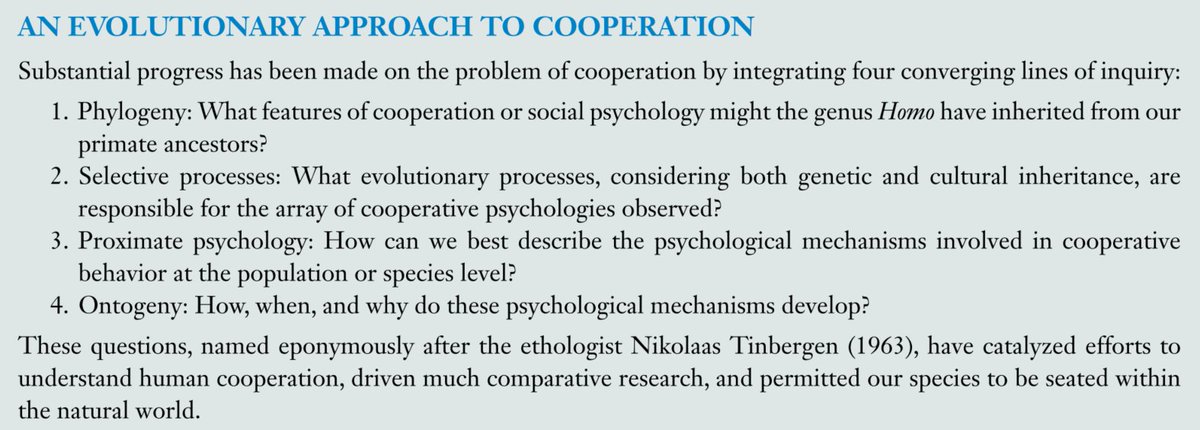
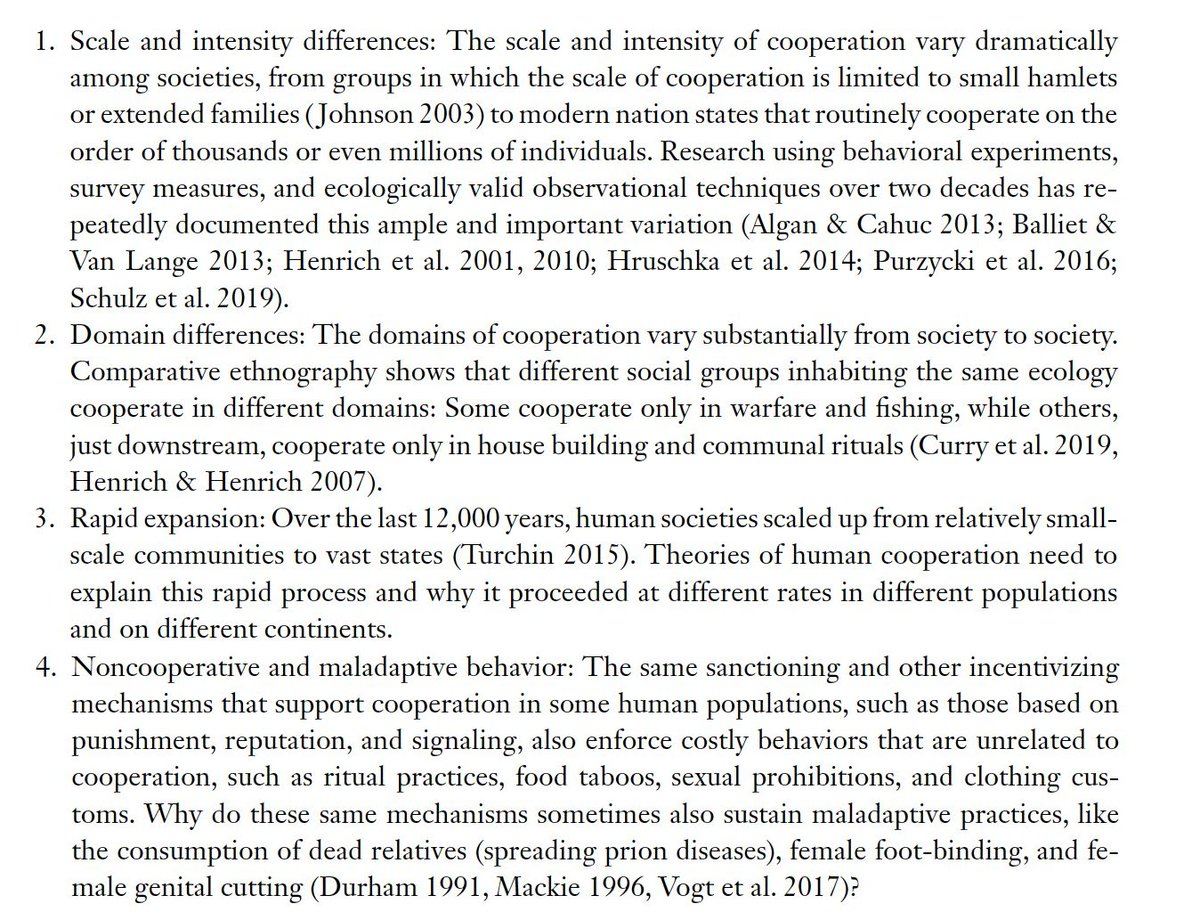
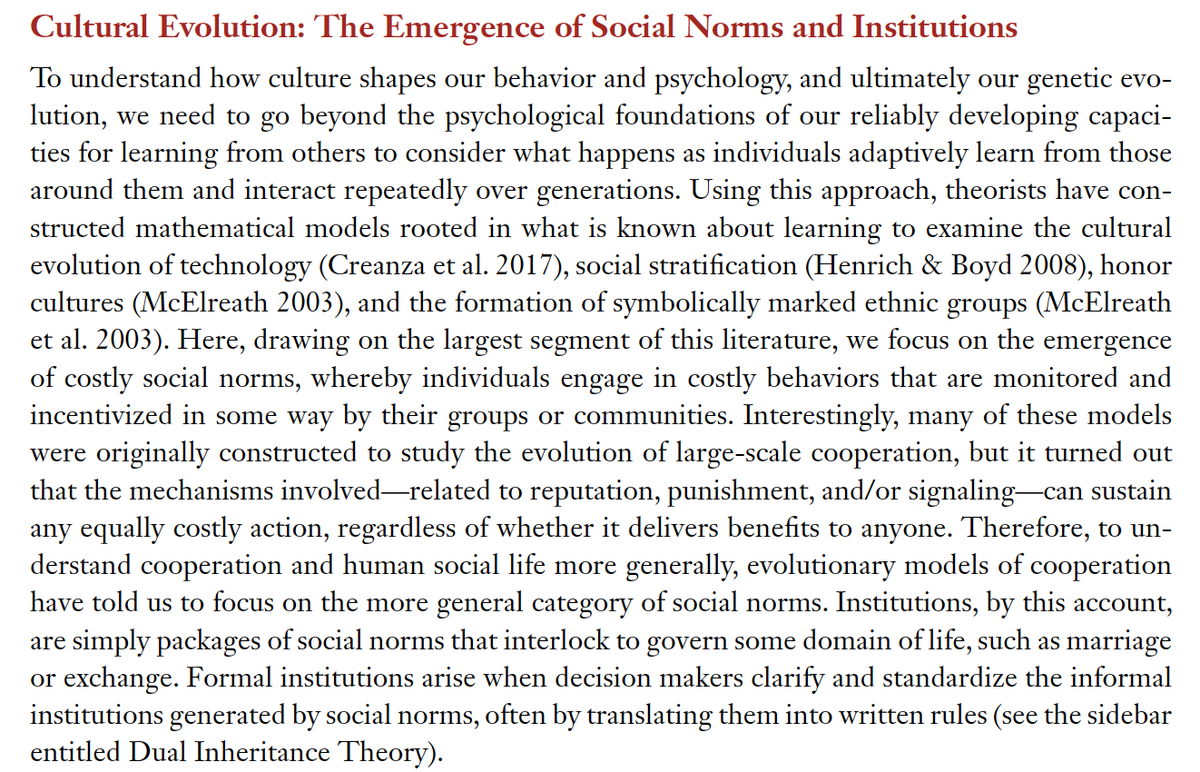
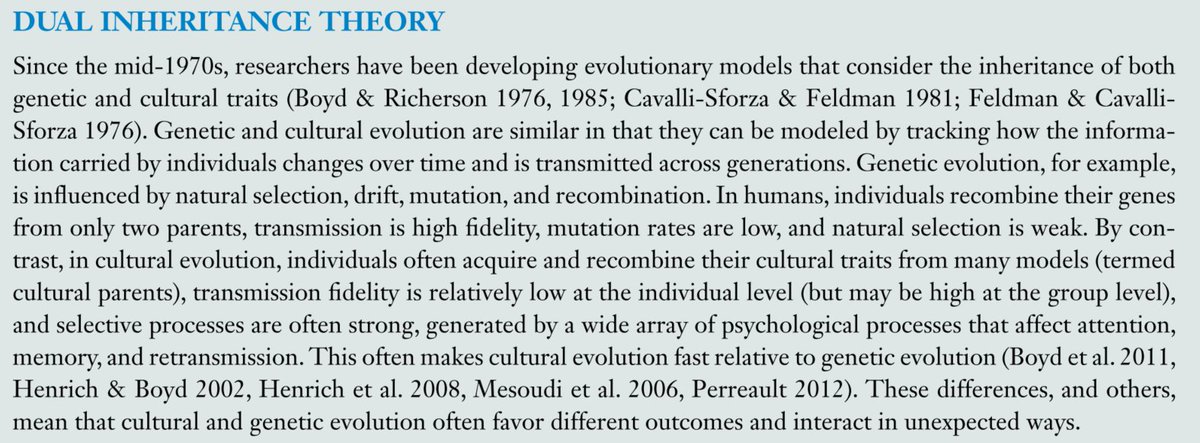
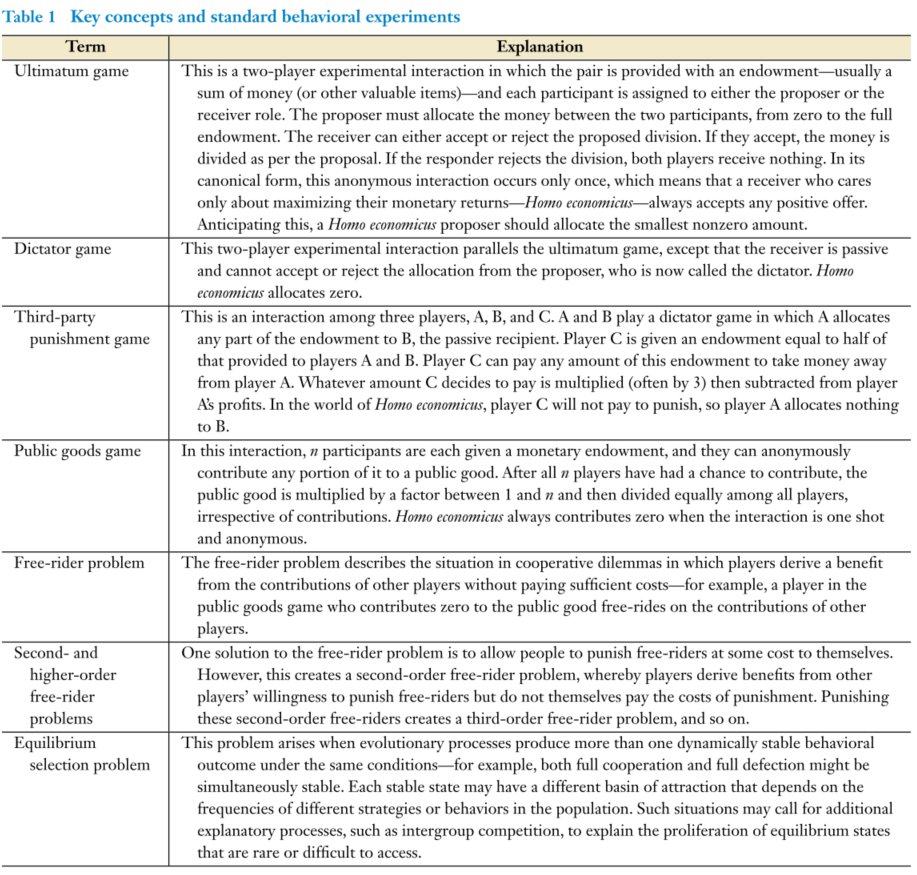
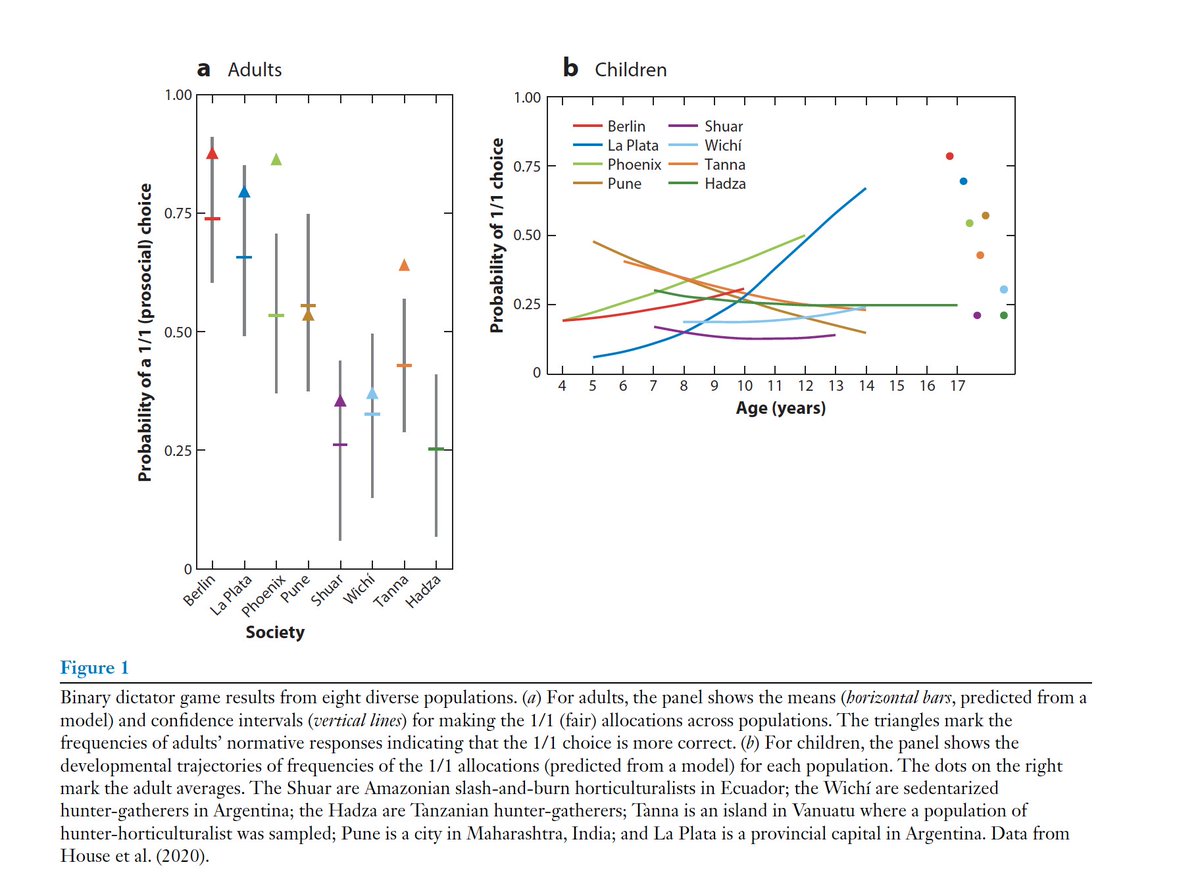
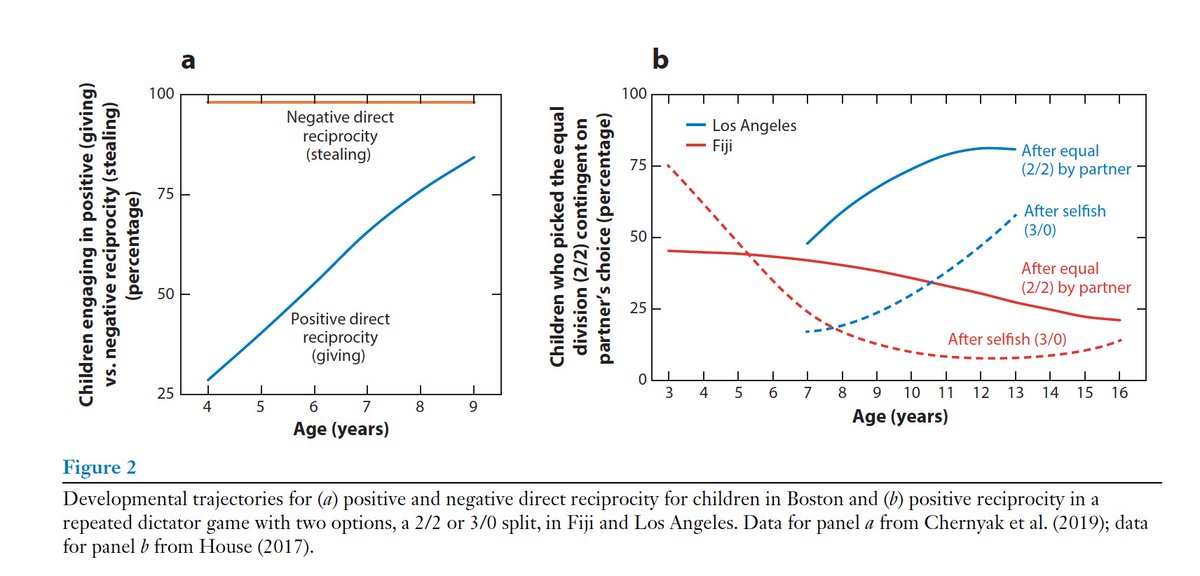

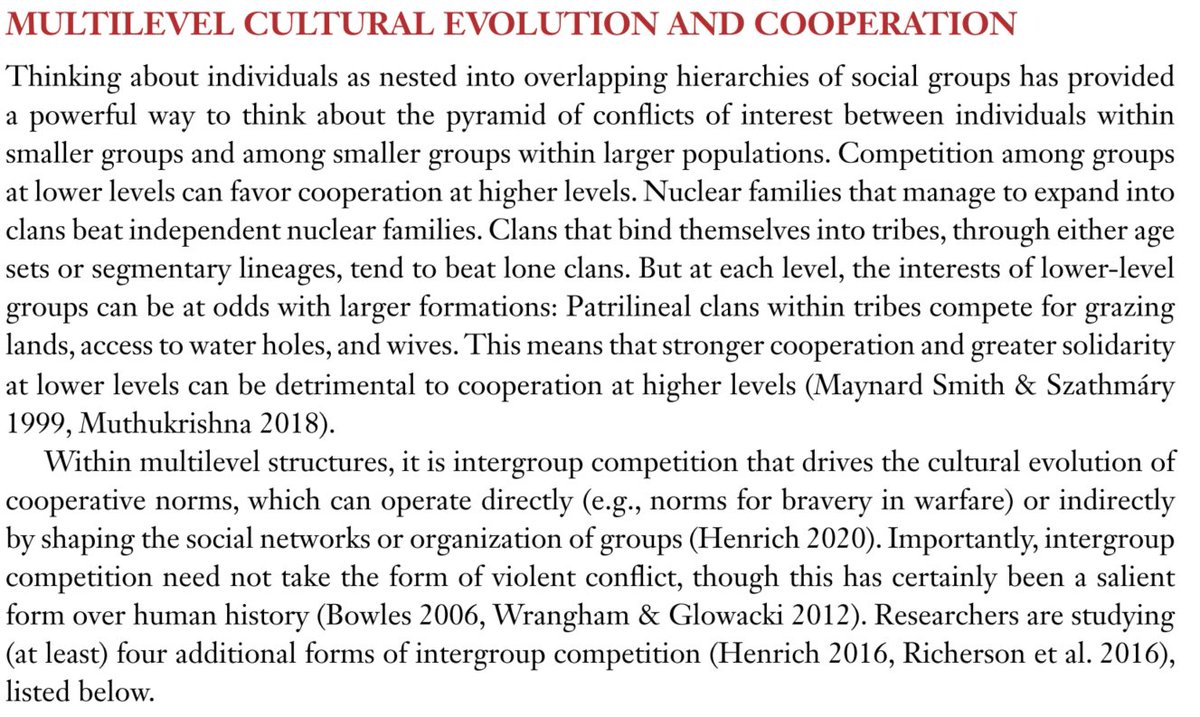
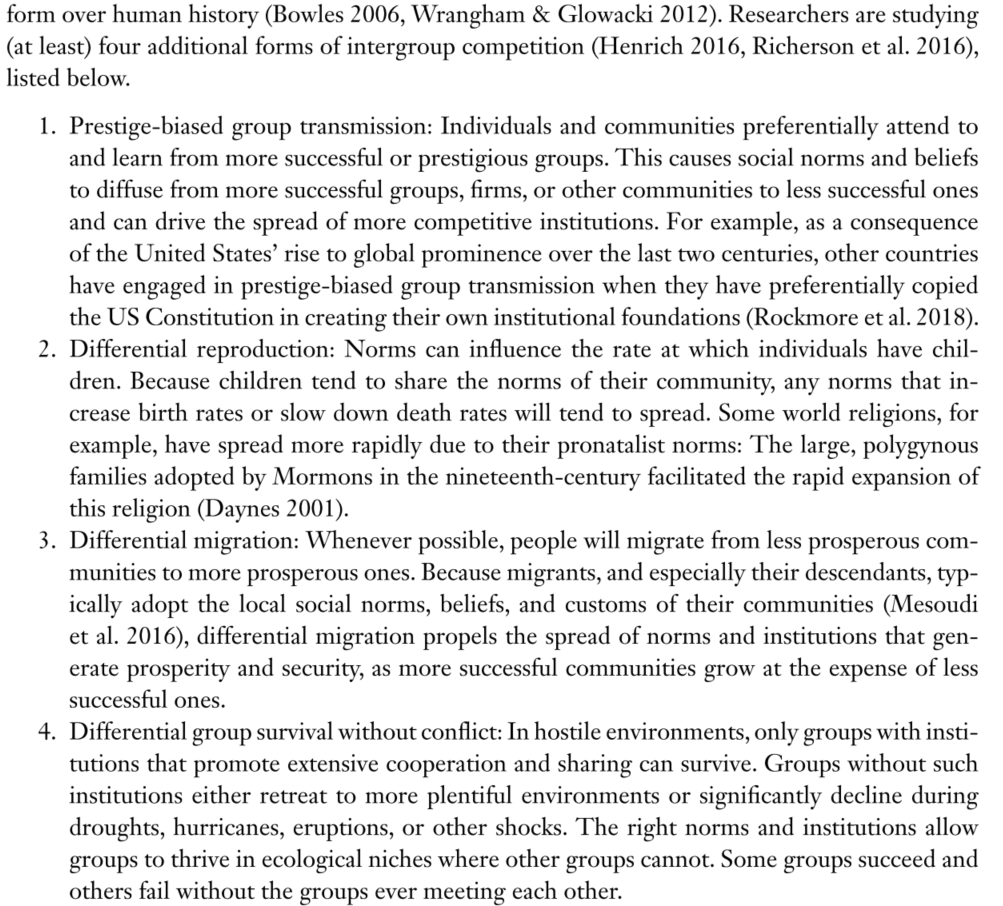
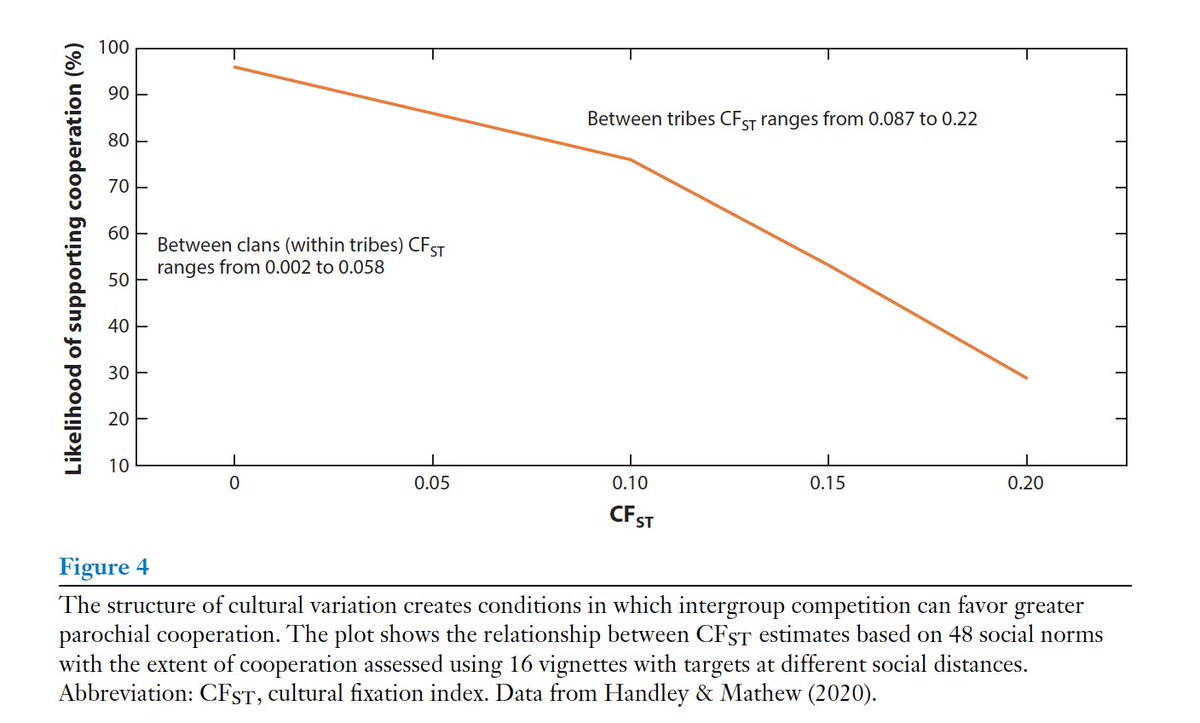
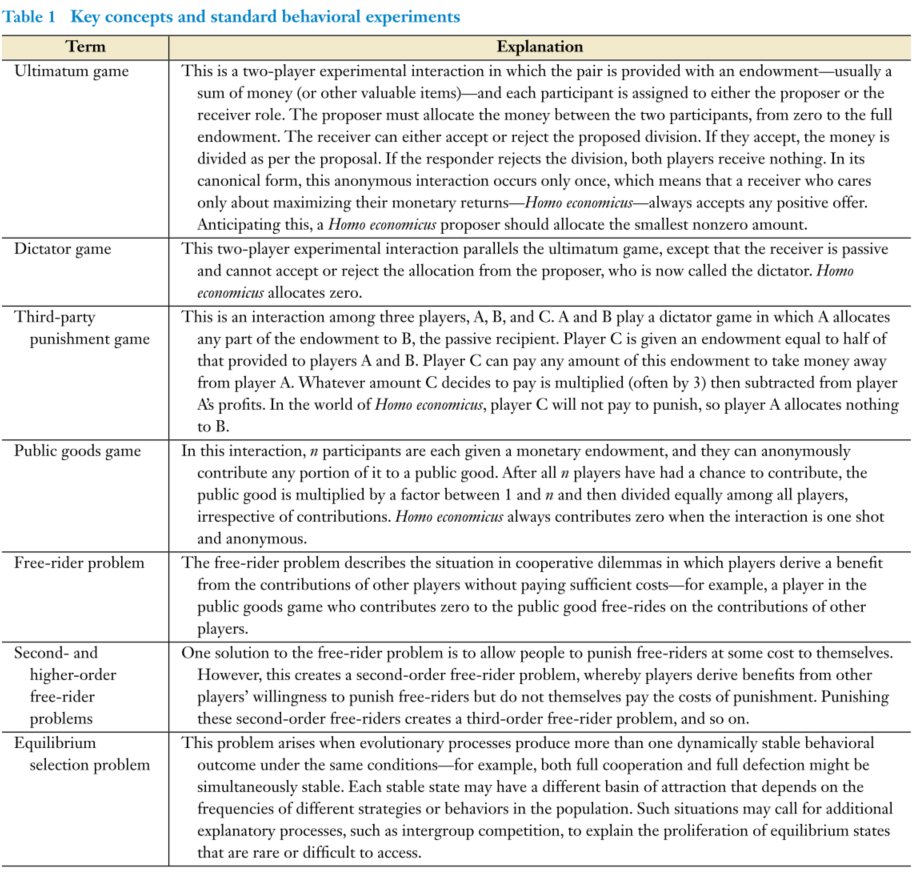
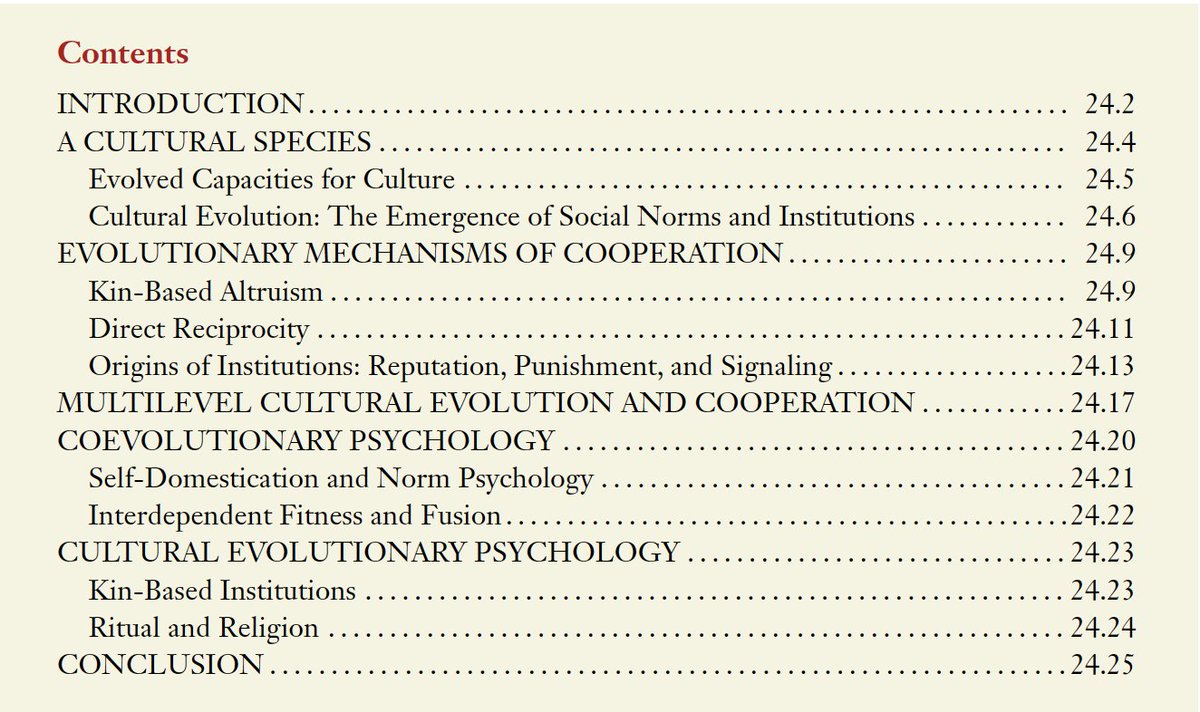
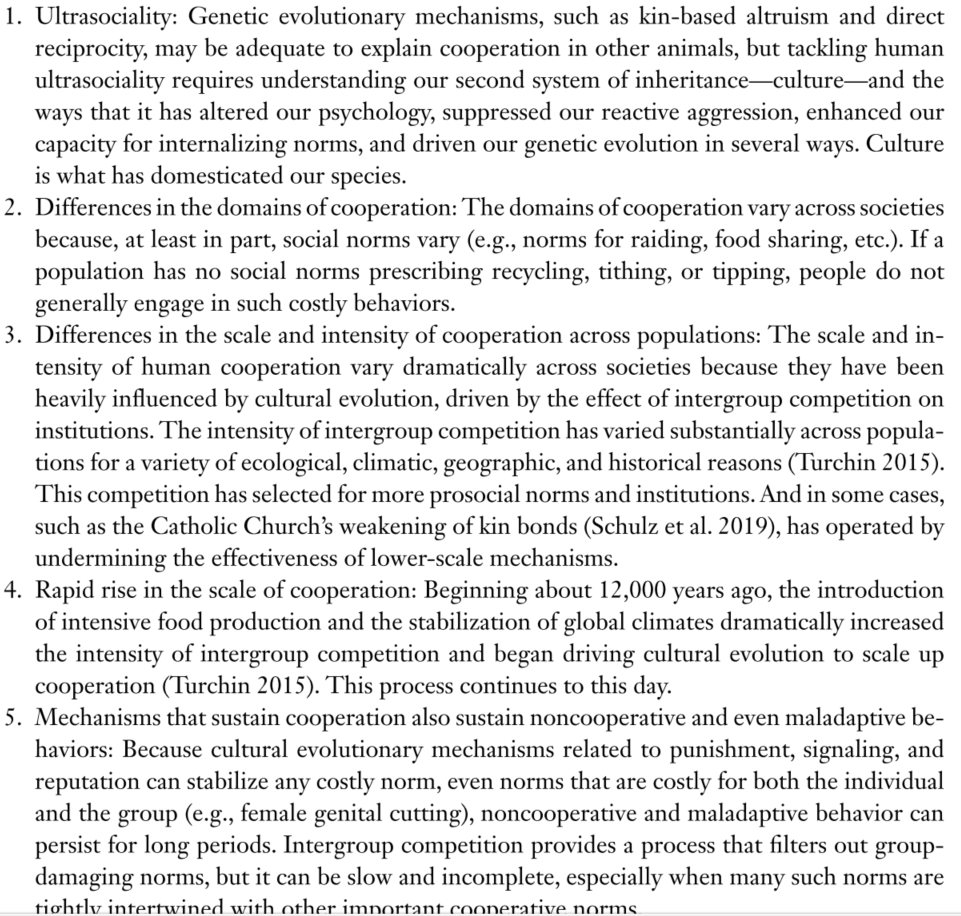 https://muth.io/cooperati... vary by geography and over time. Also check out the related historical psychology paper: https://twitter.com/mmuthukri..." title="We end by revisiting the opening challenges. Check out the paper here: https://www.annualreviews.org/doi/abs/1... href=" http://muth.io/cooperation-review21Norms">https://muth.io/cooperati... vary by geography and over time. Also check out the related historical psychology paper: https://twitter.com/mmuthukri...">
https://muth.io/cooperati... vary by geography and over time. Also check out the related historical psychology paper: https://twitter.com/mmuthukri..." title="We end by revisiting the opening challenges. Check out the paper here: https://www.annualreviews.org/doi/abs/1... href=" http://muth.io/cooperation-review21Norms">https://muth.io/cooperati... vary by geography and over time. Also check out the related historical psychology paper: https://twitter.com/mmuthukri...">
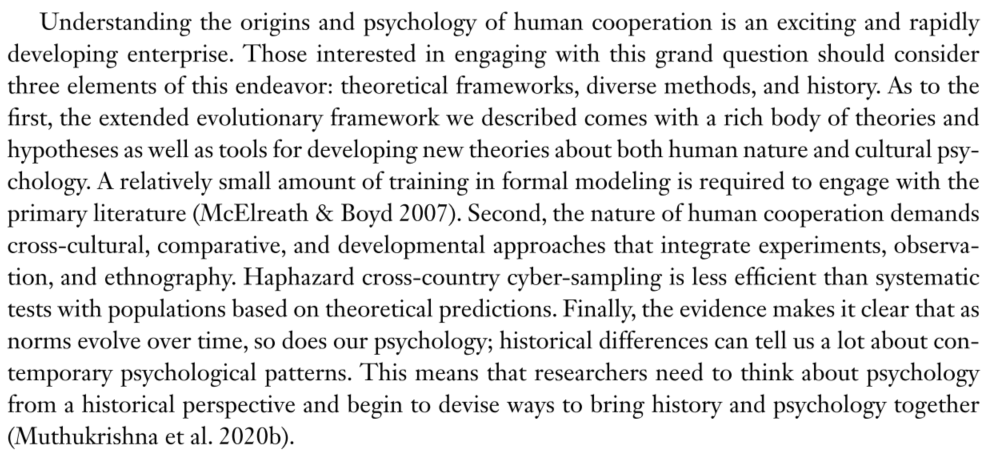 https://muth.io/cooperati... vary by geography and over time. Also check out the related historical psychology paper: https://twitter.com/mmuthukri..." title="We end by revisiting the opening challenges. Check out the paper here: https://www.annualreviews.org/doi/abs/1... href=" http://muth.io/cooperation-review21Norms">https://muth.io/cooperati... vary by geography and over time. Also check out the related historical psychology paper: https://twitter.com/mmuthukri...">
https://muth.io/cooperati... vary by geography and over time. Also check out the related historical psychology paper: https://twitter.com/mmuthukri..." title="We end by revisiting the opening challenges. Check out the paper here: https://www.annualreviews.org/doi/abs/1... href=" http://muth.io/cooperation-review21Norms">https://muth.io/cooperati... vary by geography and over time. Also check out the related historical psychology paper: https://twitter.com/mmuthukri...">


